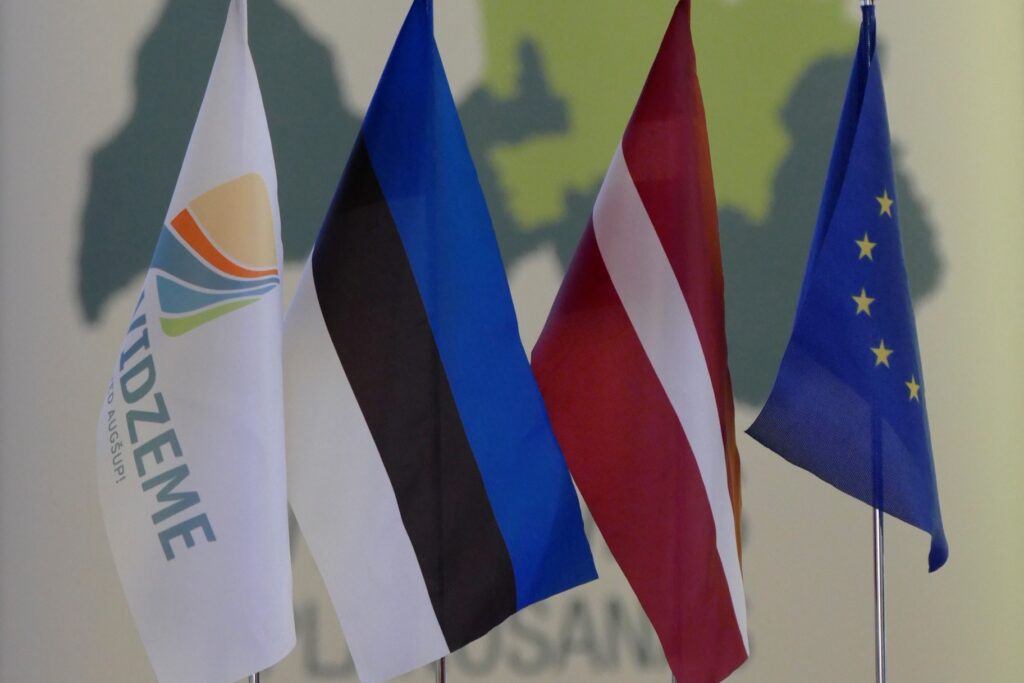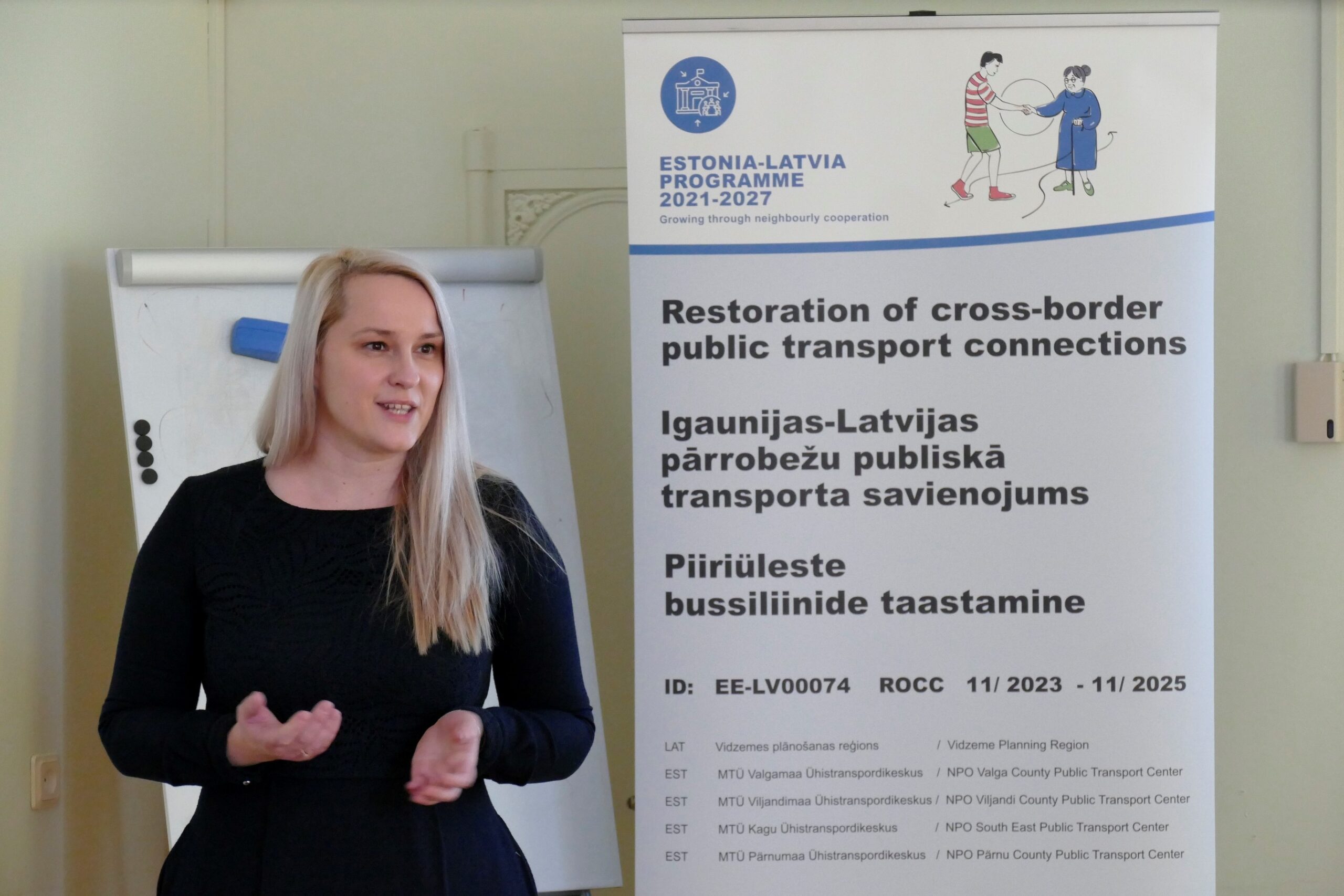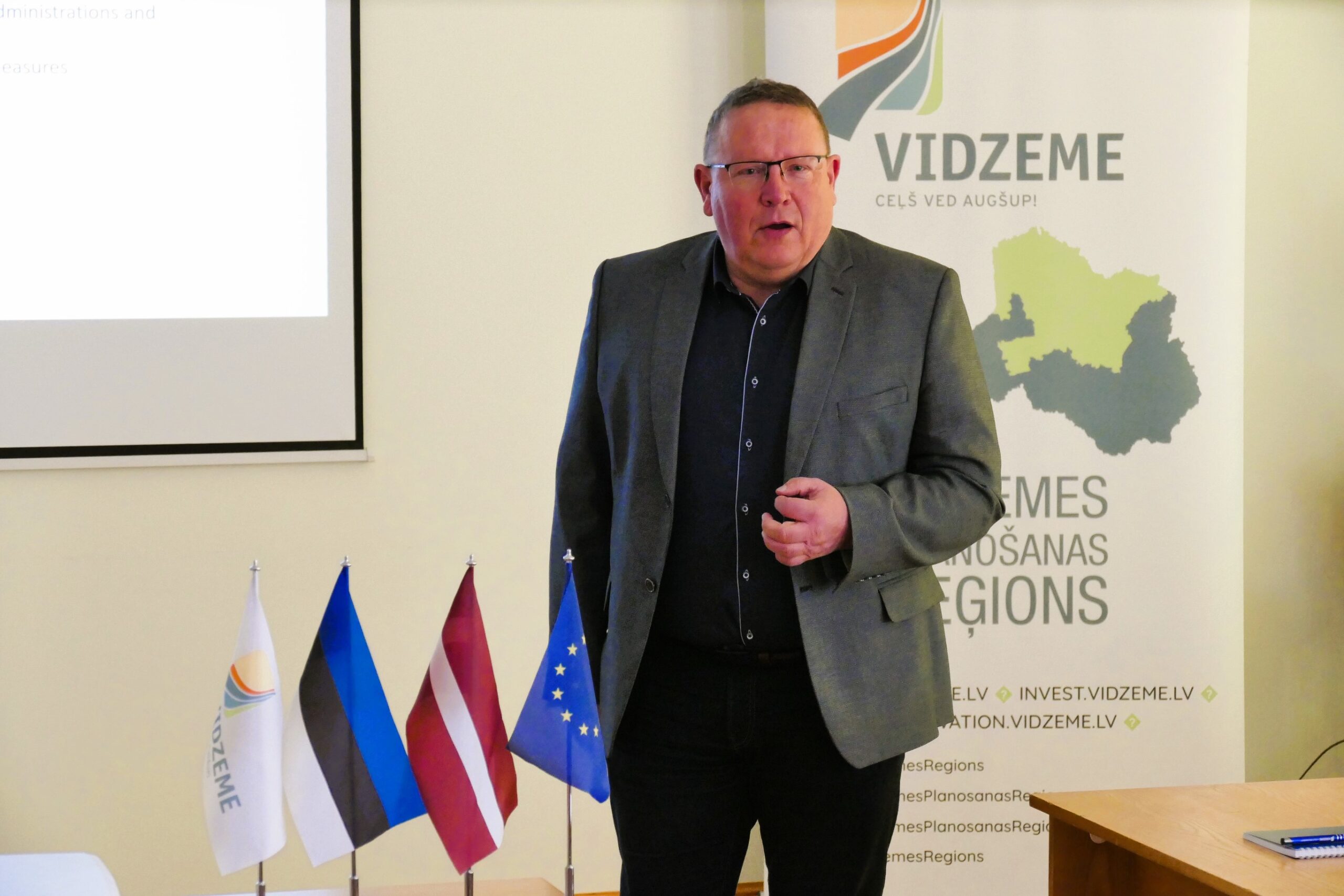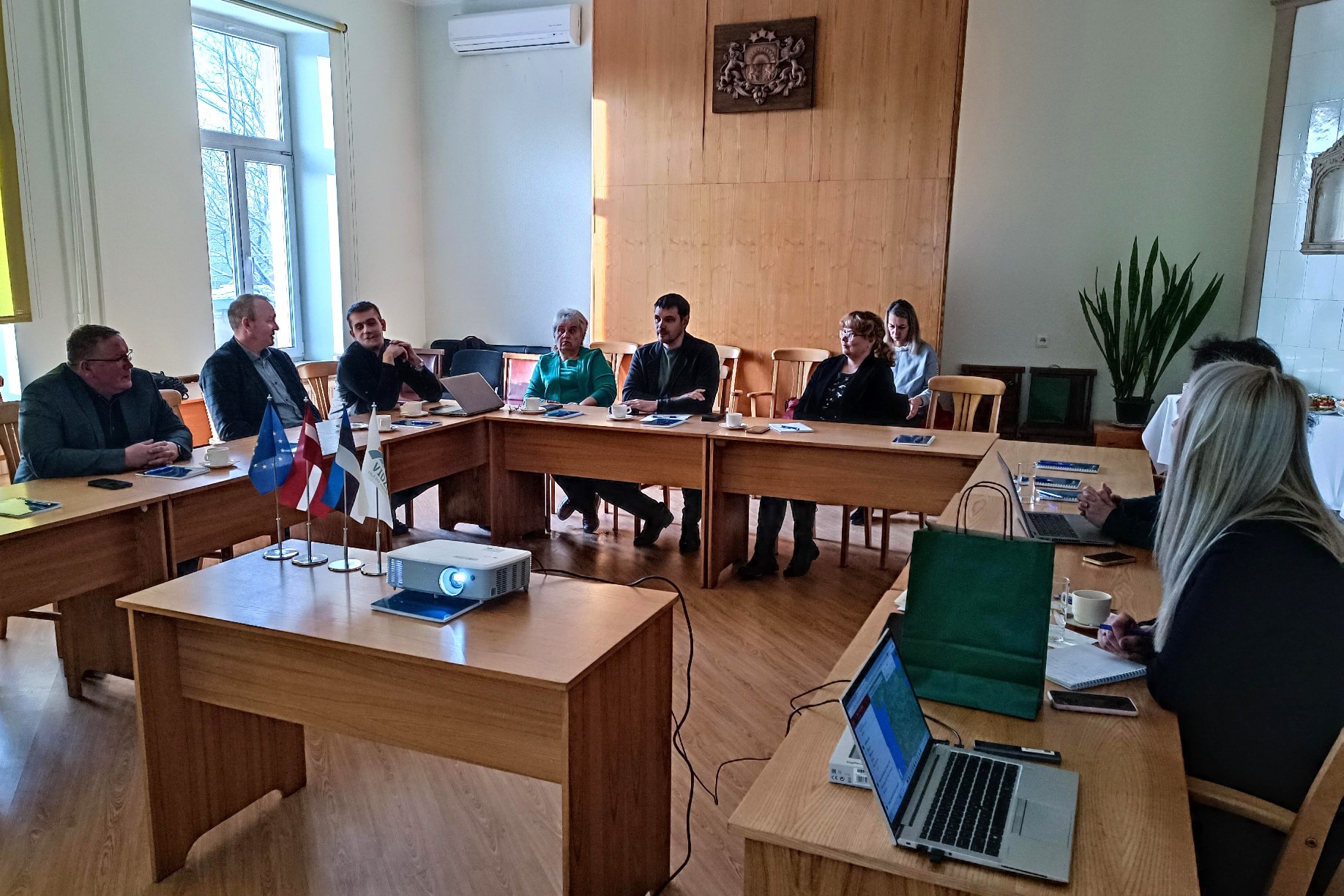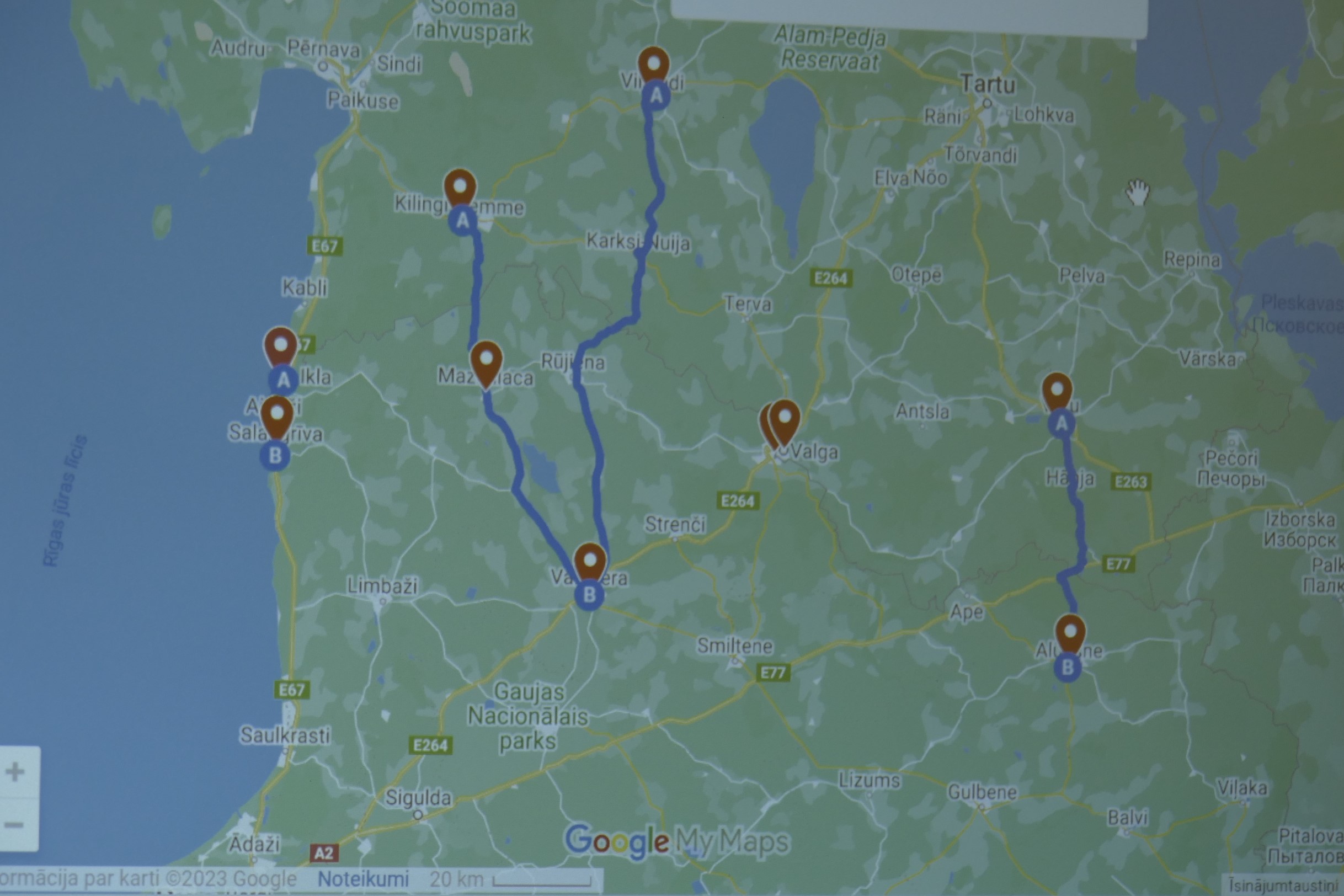In the border area between Estonia and Latvia, there used to be significant cross-border bus traffic, which was discontinued in the early 1990s due to the introduction of border control. However, the need for such connections has remained to this day, as residents of the border areas are connected by family, everyday life, and economic ties. With the development of the European Union and the planned mobility reform in Estonia, it is time for changes in this area.
On November 3rd of this year, the financing agreement for the project “Restoration of cross-border public transport connections” (ROCC) was signed under the framework of the Interreg Estonia-Latvia Programme 2021-2027. The two-year project has a budget of up to 375 thousand euros, 80% of which is supported by the European Regional Development Fund.
The aim of the ROCC project is to reduce the marginalization of border areas and promote the use and accessibility of public transport. The project plans to develop a strategy and action plan for organizing cross-border public bus routes, as well as sustainable organizational models at the national and municipal levels.
By the summer of 2024, potential routes such as Valga-Valka, Viljandi-Valmiera, Võru-Alūksne, Kilingi-Nõmme-Valmiera, and Pärnu-Ikla-Salacgrīva will be identified.
Based on practical experience and passenger feedback, bus schedules will be developed to meet demand for future use.
The project partners include all public transport centers along Estonia’s southern border: the Southeastern Region Public Transport Center, Valga County, Viljandi County, and Pärnu County Public Transport Center, with the latter being the lead partner. The Latvian partner is the Vidzeme Planning Region (VPR), which covers the entire northern border of Latvia. Project activities will take place with the involvement of Estonia’s Ministry of Regional Affairs and Agriculture and the Ministry of Climate.
On November 29th, the first working meeting of the project partners took place in Cēsis, organized by the Vidzeme Planning Region. The partners introduced their areas of responsibility and experience and agreed on specific actions for the near future. The meeting participants unanimously agreed that the relationships and cooperation between neighboring countries, including in the field of public transport, are valuable and should be developed further.

